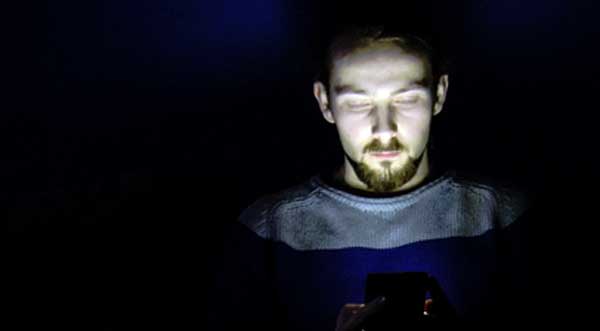Why Poor Lighting Conditions are Keeping You Up at Night
By Space Coast Daily // December 21, 2021

Getting a good night’s sleep is important for all sorts of reasons, from improving your energy levels during daylight hours to protecting you from a variety of physical and mental health conditions.
It might feel like the pace of modern life is the main reason that a restful sleep escapes you, but there are some external factors responsible for this which are within our control to manage and minimize.
Poor lighting conditions are the most prominent disruption in this context, so let’s look at why this is a concern and what you can do about it.
Image Source: Pixabay
Understanding your natural rhythms
Humans evolved over millennia to rise with the sun and go to sleep when it sets. This is described by scientists as the circadian rhythm, which links our bodies to the 24 hours it takes on average for the Earth to rotate.
A whole host of the biological processes going on inside of our bodies are tied into this rhythm, including our appetites and the way our cells produce energy.
The reason that light keeps us up at night, whether it is the light from smartphone screens or the fluorescent bulbs in our fittings at home, is that this interferes with our body’s natural rhythm, telling it that the sun is still high in the sky and thus that it is not time to wind down alertness levels before bed.
One solution is to time your exposure to artificial light so that it does not get in the way of a healthy sleep cycle, giving yourself at least 30 minutes between your last use of a device like a smartphone and bedtime. Products from companies like BIOS Lighting can also be useful, as these eliminate the blue light which our eyes interpret as sunlight, while still allowing you to illuminate your indoor spaces after dark.
Embracing the blackout approach
Even if you are careful with your timings and the types of lighting you adopt at home, small amounts of intrusive illumination can still derail your sleep.
This is why eliminating as much light from your bedroom is the best tactic for deep, peaceful, restorative slumber.
Opting for blackout curtains, rather than blinds or thinner window coverings, is a good step. Placing your smartphone in a drawer so that notifications which light up the screen are not a nuisance, or turning it off altogether, is also worthwhile.
If you have a digital alarm clock, covering the face to shield yourself from its perpetual, if dim, artificial light should assist your body to settle down naturally.
And of course if you cannot do any or all of these things, you can always invest in an eye mask to wear when you sleep. If you have never used one before, it may take a little getting used to, but it will quickly become your favorite bedtime accessory.
Appreciating the other complications of poor lighting
While too much artificial light can be bad for our sleep, it is also worth pointing out that restless nights and bouts of depression can come about if you don’t get enough light.
Specifically during the winter months when days are shorter and nights are longer, many of us will be afflicted by seasonal affective disorder.
In this case, the application of light as a therapeutic tool can alleviate this issue and improve sleep as well as mood.
It is all about knowing our own bodies, catering to what they need and being willing to change our environments and habits if they are not conducive to a good night’s sleep.












